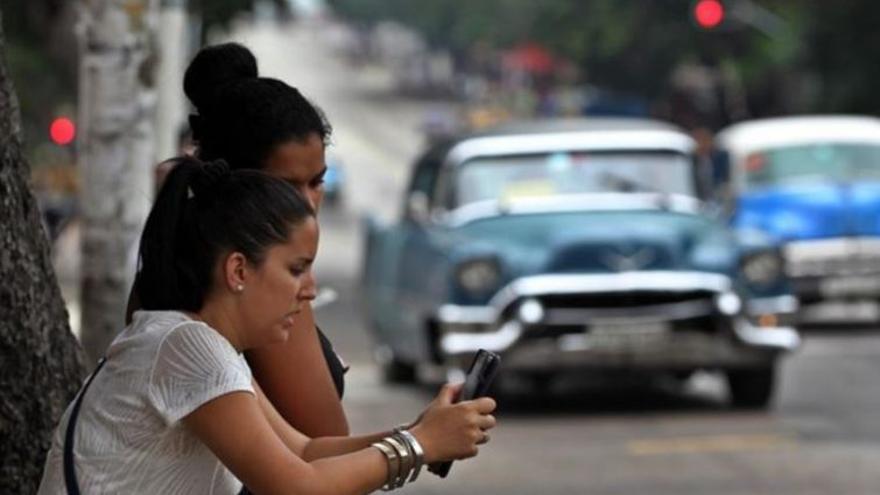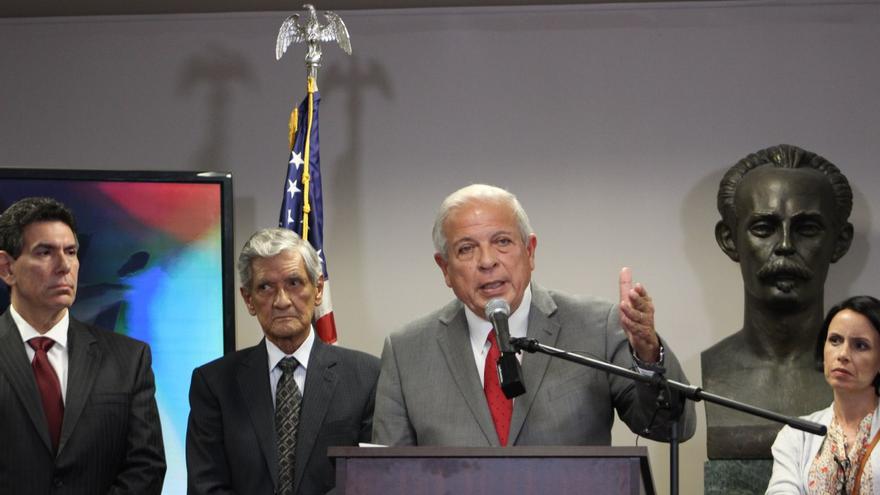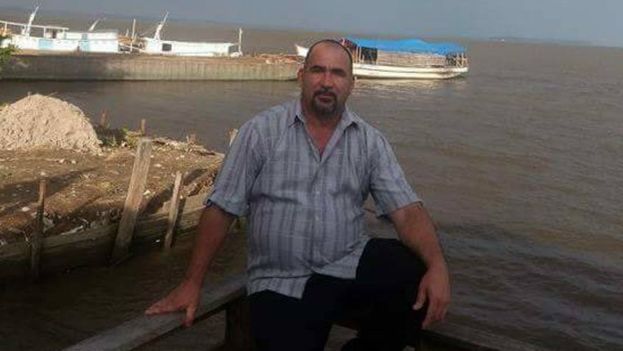“If you feel that your rights have been violated, denounce it on our human rights line. Call +1 305 437 7301. You’re not alone” says one of the promotional messages that will be broadcast on Radio and TV Martí, presented by Tomás Regalado, former mayor of Miami and current director of the station.
“We have seen an extraordinary upsurge in the violation of human rights,” added Regalado, who directly ordered Los Martí journalists to process the complaints received from Cuba. continue reading
“Through our network of correspondents on the island, those of the opposition and this hot line, human rights violations will be exposed. The News Department will dedicate itself to verify in a reliable way the denunciations and then present them to Freedom House”, explained the official.
Carlos Ponce, director of Freedom House for Latin America, considered the alliance with Los Martí “a golden opportunity” that will promote the “Cuban, know your human rights” campaign.
“Every time the regime feels weak, it increases the repression of human rights,” he said.
For Ponce, the Cuban government infringes on their citizens “most basic rights”, such as educational freedom and political rights. “It is time for people to open their eyes so that Cuba not continue being the same old story that people no longer want to see,” he added.
“With this strategic alliance we will be able to bring a number of significant complaints to international organizations and give visibility to what is happening on the island,” he said.
In statements to 14ymedio, Ponce lamented that media coverage of human rights violations often focuses on Venezuela and Nicaragua, with no references to Cuba.
“Unfortunately the media has turned a blind eye to the situation in Cuba. The root of evil in Latin America is a dictatorial regime that with impunity continues to operate in the region,” he said.
“Cuba is a dictatorship that influences other countries, such as Venezuela and Nicaragua, in order to leach on them, prop up their regimes and destroy democratic systems. We call on all Cubans to denounce the violations of their rights,” he added.
Radio and TV Martí bet on reaching more Cubans with new technologies
According to statements from Tomás Regalado, director of the Office of Transmissions to Cuba (OCB) of the US Government, the coming months will see a substantial increase in the number of Cubans who can listen to the station or watch the television programs of Los Martí.
Regalado recently announced the addition of a new frequency for radial transmissions at 11860 kHz. “In short wave we had three frequencies and the regime managed to block one or sometimes two frequencies. With three we have the means to be immune to their blockade,” remarked the newly appointed director to 14ymedio.
For its part, a new type of technology, whose technical details have not yet been made known, will make it possible for TV Martí to be seen on the Island, according to its directors. “It is a novel technology that will allow what we call the Martí Communities to establish themselves,” explained Regalado.
At the moment there are more than 200 of these devices on the island and several communities of neighbors who can watch the TV Martí signal, the former mayor told the local media in Miami. According to him, it is impossible for the Government of Havana to track the signal of the devices, a concern of many activists who fear the sentences that can be faced by “counterrevolutionaries.”
“In the Cuban penal code there are criminal forms that put these people (who are part of the Martí communities) in danger, but the people defy it. The most important guarantee is that the Government does not know where the signal is shared,” explained Regalado.
“The regime can interfere with the output signal of the equipment but not the one that enters (input). It is immune to being detected,” he said.
The appliance that will allow TV Martí to be seen on the Island was designed by Cuban engineers on the Island and in South Florida. Regalado will present the results of this new technology at the beginning of September at an event of the Board of Governors of Radiodifusión, the federal entity in charge of Radio and TV Martí.
The Cuban Government has made a particular effort to block the Marti signal and accuses the United States of violating international radio broadcasting agreements by allowing and financing the stations. During the administration of Barack Obama, which promoted the thaw with the island, Cuba took the opportunity to demand the dismantling of these communication media.
Radio Martí began broadcasting its signal to Cuba in 1985 under the government of Ronald Reagan. In the early nineties, TV Martí followed and the Martí Noticias portal appeared with the digital era. This year the budget allocated by the US Congress to both broadcasters will exceed 28 million dollars.
Translated by Wilfredo Díaz Echevarria
____________________
The 14ymedio team is committed to serious journalism that reflects the reality of deep Cuba. Thank you for joining us on this long road. We invite you to continue supporting us, but this time by becoming a member of 14ymedio. Together we can continue to transform journalism in Cuba.

![]() 14ymedio, Havana, 13 August 2018 – Activist Ebert Hidalgo Cruz has been released without any charges, according to a video released Sunday by the Patriotic Union of Cuba (UNPACU) shortly after the dissident was released from prison. Hidalgo was imprisoned on August 3 together with the leader of the organization, José Daniel Ferrer, who is still in prison accused of the attempted murder of a State Security agent.
14ymedio, Havana, 13 August 2018 – Activist Ebert Hidalgo Cruz has been released without any charges, according to a video released Sunday by the Patriotic Union of Cuba (UNPACU) shortly after the dissident was released from prison. Hidalgo was imprisoned on August 3 together with the leader of the organization, José Daniel Ferrer, who is still in prison accused of the attempted murder of a State Security agent.
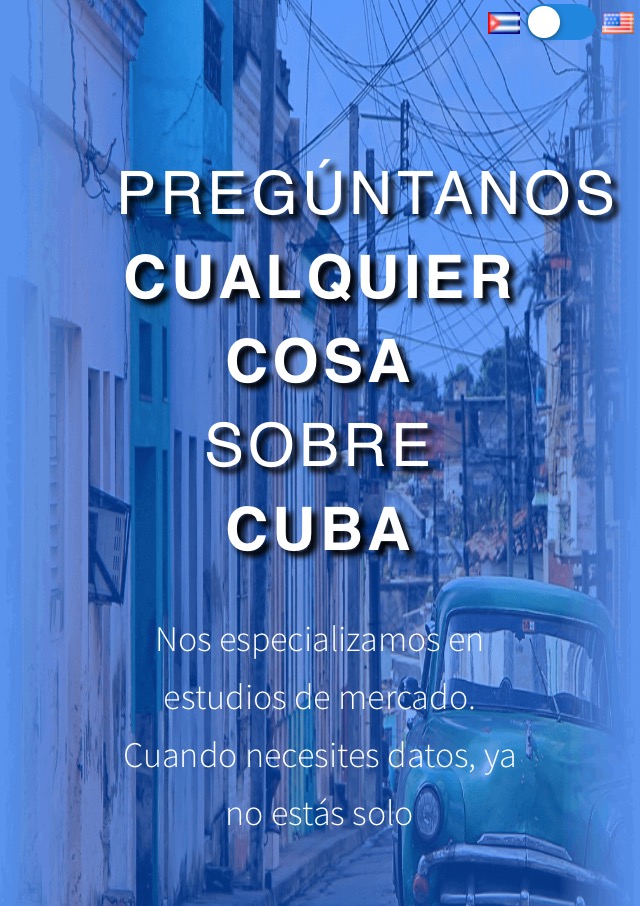
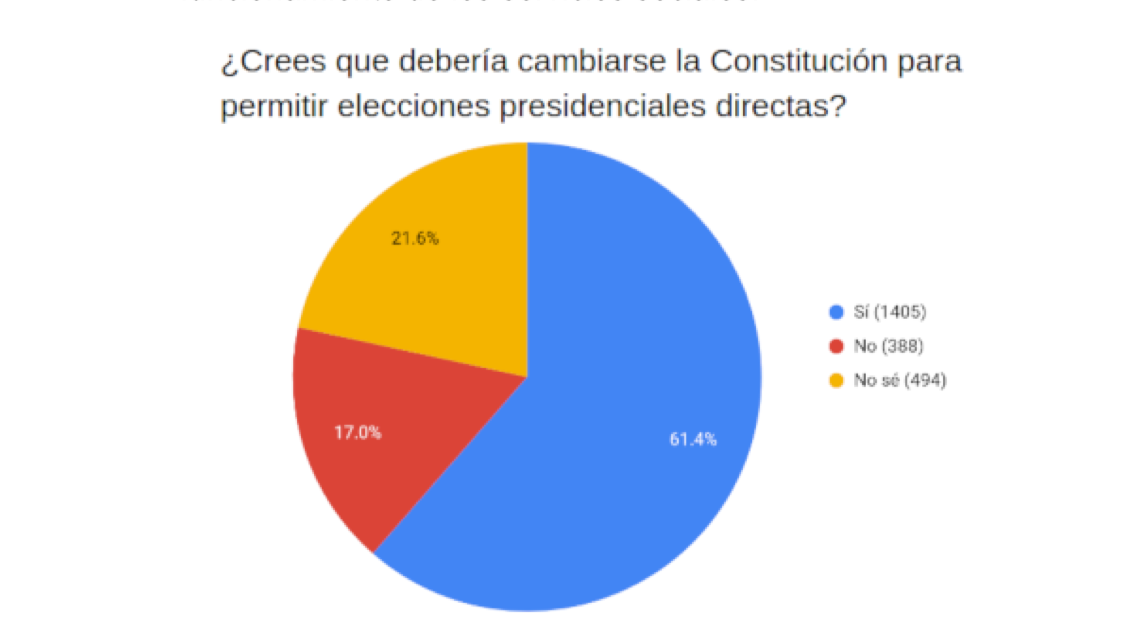
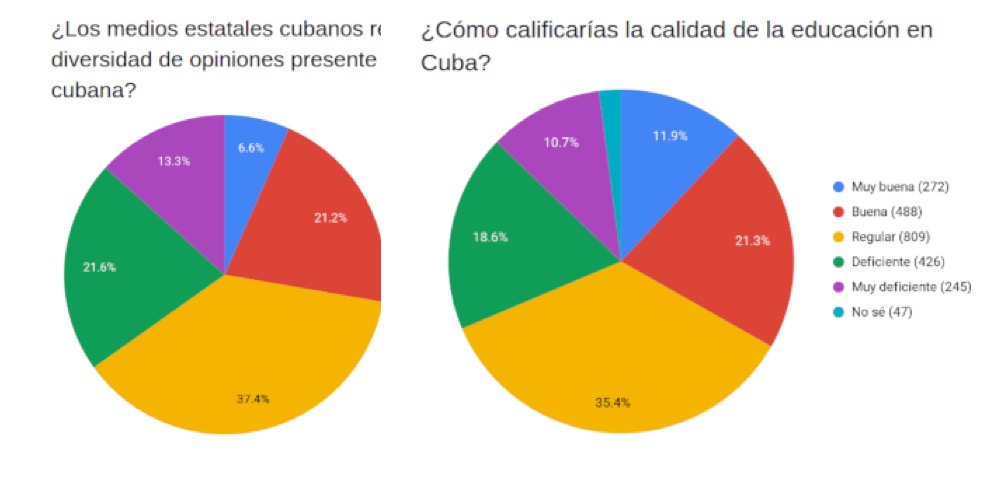


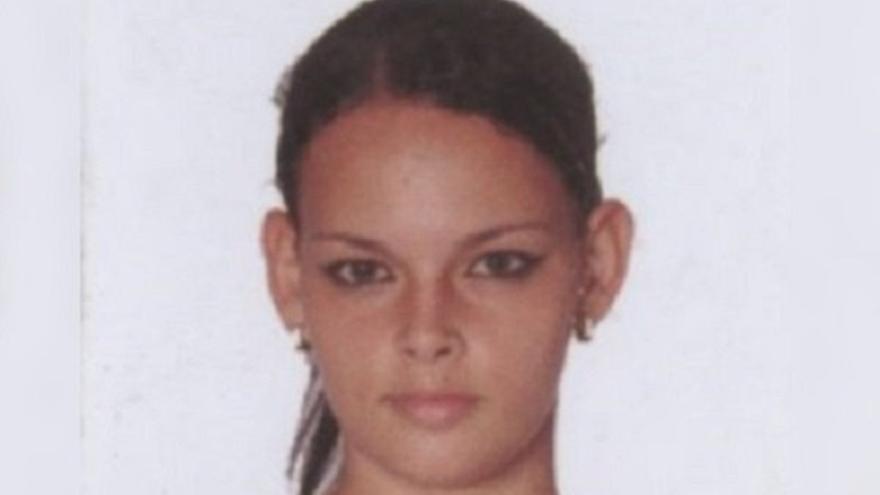
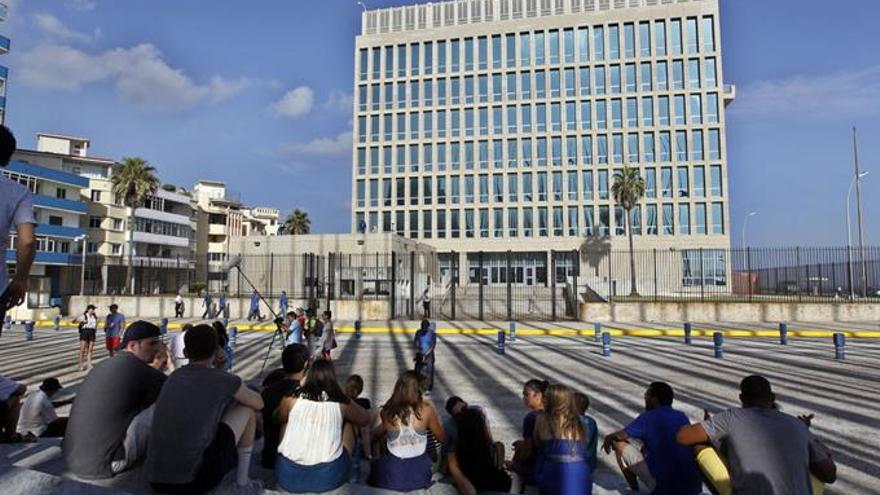
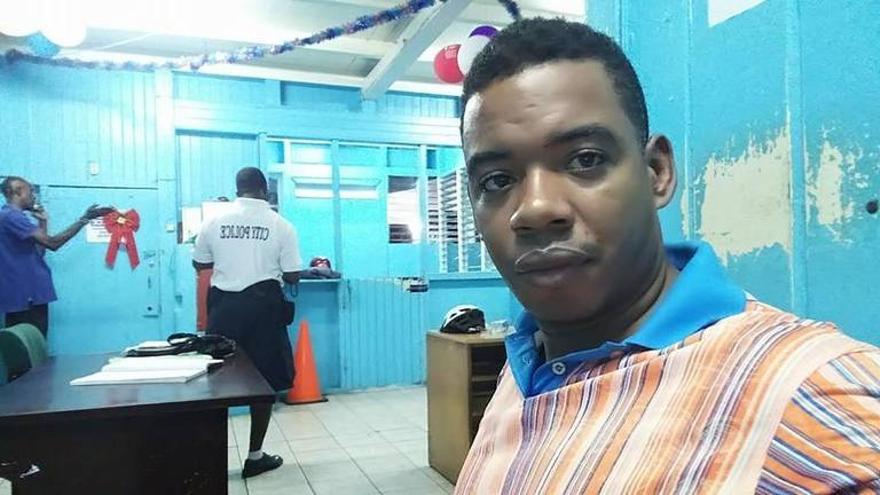

 Ángel Santiesteban
Ángel Santiesteban